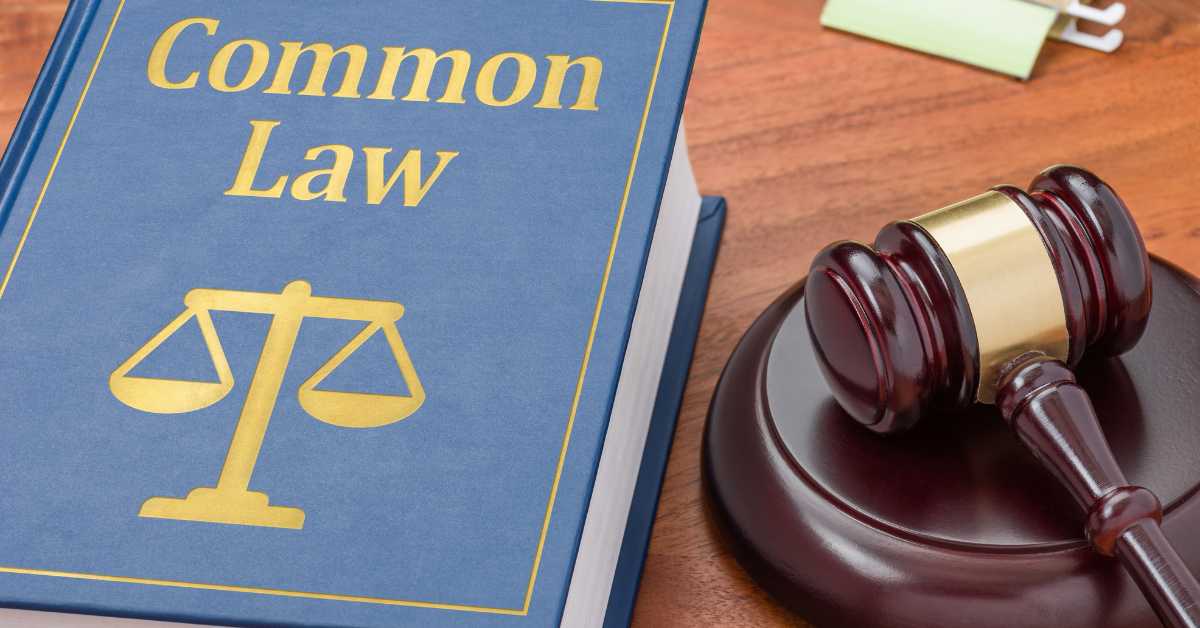Ending a relationship with a live-in partner is never easy. In addition to emotional struggles, you may now have to worry about paying the bills, dividing your property, and deciding who stays in the family home.
If you never legally married, you may wonder whether you have any rights in a separation. The good news is that in British Columbia, common-law spouses have the same legal rights as married couples when the relationship ends as long as they lived together for at least two years.
Here are some answers to frequently asked questions about spousal rights in a common-law separation.
What Is a Common-Law Relationship in British Columbia?
Until 2013, law treated married and unmarried couples very differently. In a separation, common-law spouses had few of the rights that legal spouses had. This meant that even if you lived together for decades, you had no legislative claim to assert property interests in family law if you never officially married.
However, British Columbia is now one of the most progressive provinces in this area of family law. That’s because the BC Family Law Act extended the same rights of married spouses to common-law spouses.
To qualify as common-law spouses, you and your partner must have lived together in a “marriage-like relationship” for a continuous period of at least two years. For the purpose of claiming spousal support only, the definition also includes couples cohabiting for less than two years if they have a child together.
An experienced British Columbia marriage dissolution lawyer can help you determine whether your relationship meets the criteria for being “marriage-like.”
What Rights Do I Have After Separation?
Common-law spouses have the same rights as legally married spouses under BC law. These include the following:
Property Division
Property that one or both spouses own at the time of separation is family property. For common-law couples, this includes property acquired since your relationship became “marriage-like.”
Family property may include the following:
- Real estate
- Bank accounts
- Investments
- Insurance policies
- Pensions
- Business interests
Family property typically excludes the following:
- Property one spouse owned before the relationship began
- Gifts and inheritances one spouse received during the relationship
- Certain types of settlements and damage awards, insurance proceeds, and trust property
In most cases, courts will divide family property equally but leave excluded property undivided. However, spouses have the right to half of the increase in the value of excluded property since the relationship started.
Spousal Support
You may qualify to receive financial support from your common-law spouse as a lump sum or monthly payment. Conversely, your spouse may qualify to receive spousal support from you. If you cannot agree, a court will determine whether either of you owes the other spousal support and, if so, how much.
Child Support
If you have children together, you have a financial responsibility to support them. Child support is the right of the child and is governed by the Federal Child Support Guidelines. To determine the amount of child support, there is a formula that takes into consideration the paying spouse’s gross annual income and the number of eligible children.
Need Help? Contact Experienced Divorce Counsel in British Columbia
Although common-law spouses have many of the same rights as married couples, common-law separation is different from other kinds of separation. Therefore, you may wish to contact a British Columbia divorce lawyer in your jurisdiction for assistance.If you need divorce and family legal services in British Columbia, call Pier Law & Mediation at (604) 560-8285 for a consultation. We offer family mediation and legal counsel for divorce. Plus, our professional team can explain your rights and help you understand your legal options in a common-law separation.



